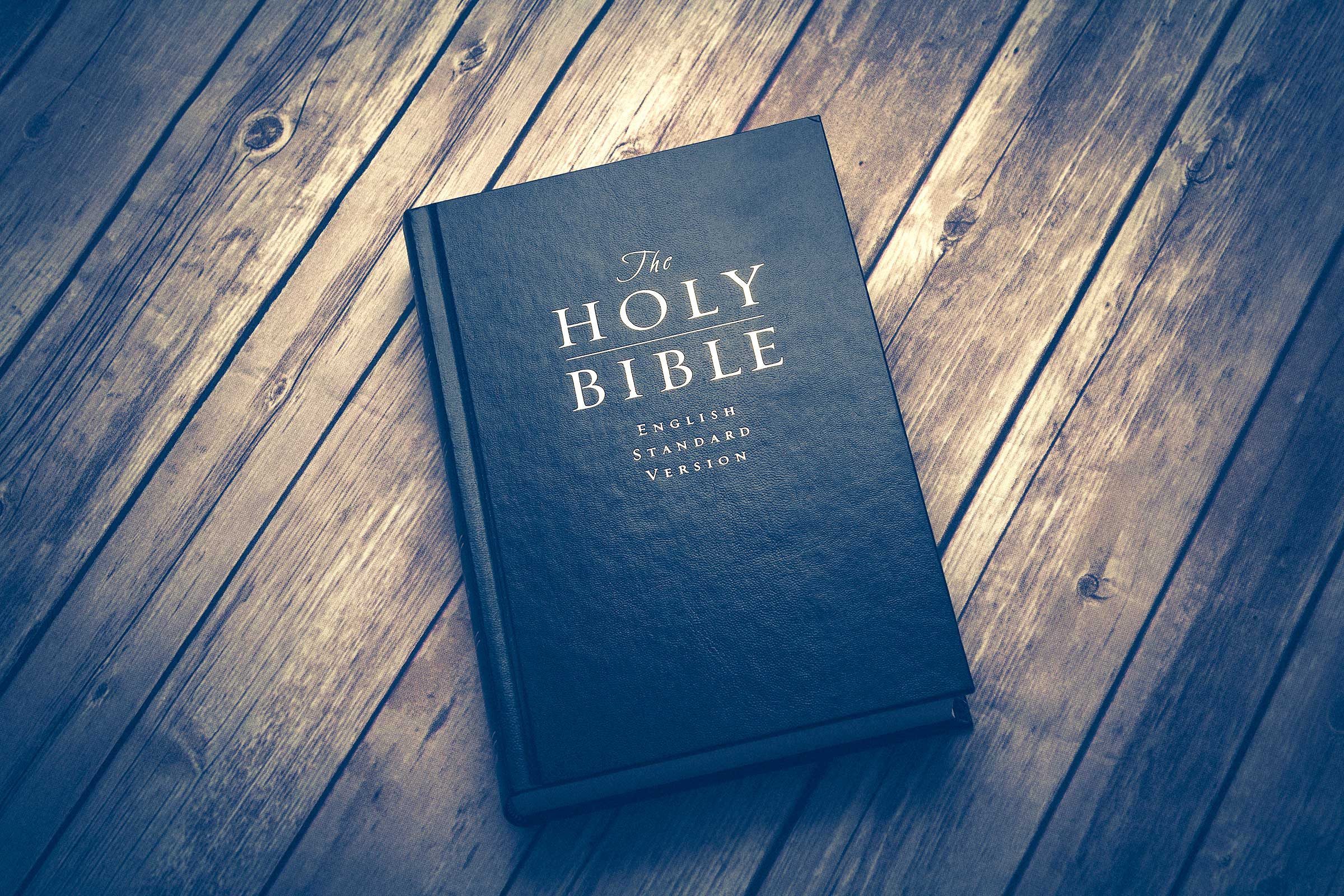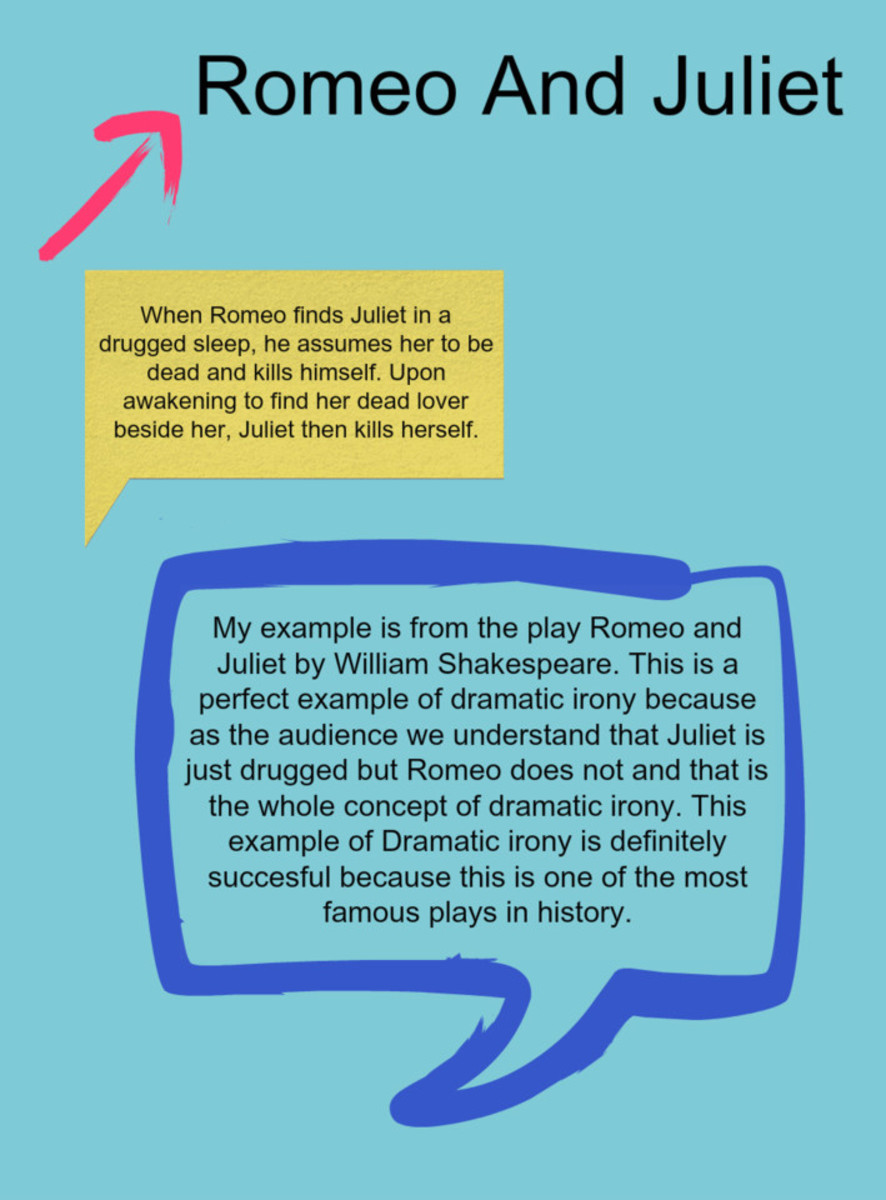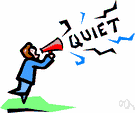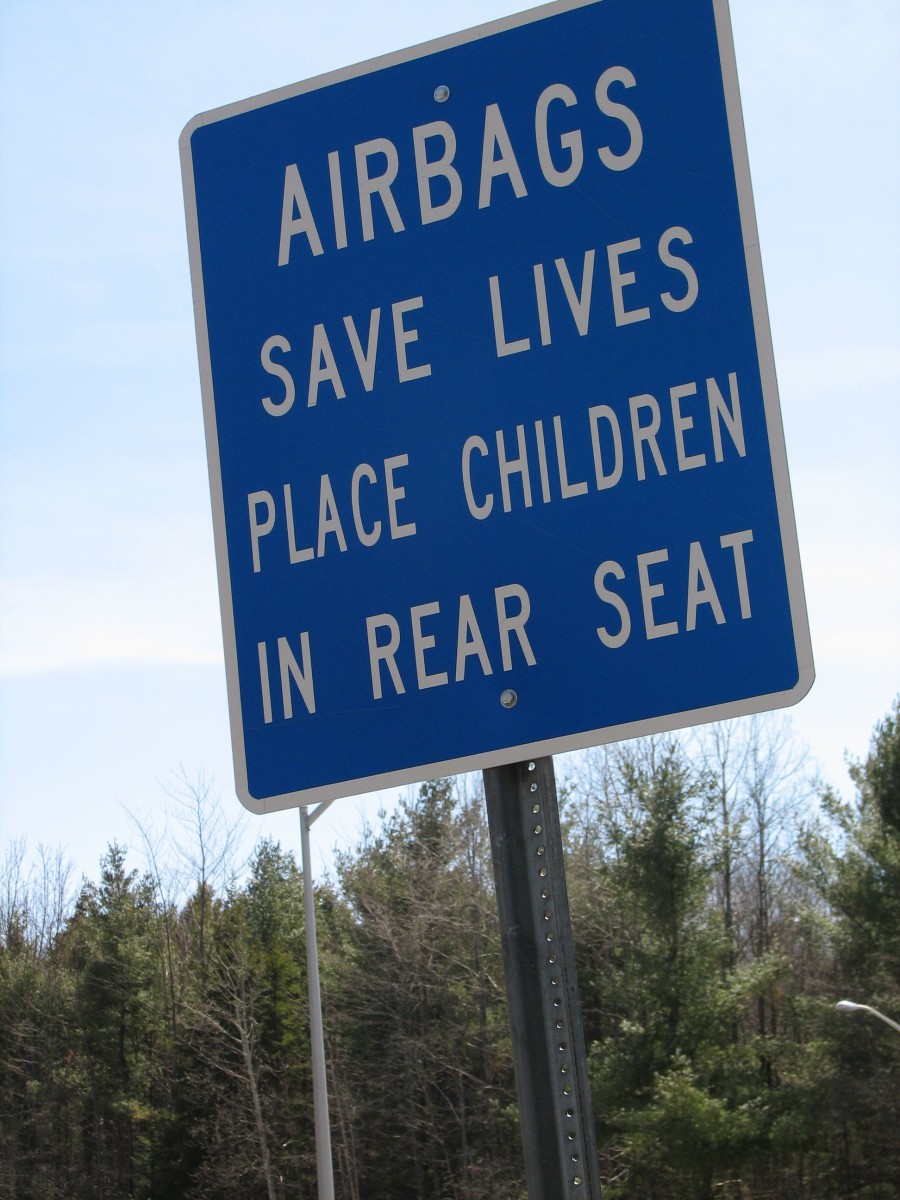Irony
Irony. Dramatic irony is when your audience has more information than your character(s) in a story. As in the example from About a Boy, he did mean that they.

The use of words to express something different from and often opposite to their literal meanin. From Middle French ironie, from Old French, from Latin īrōnīa, from Ancient Greek εἰρωνεία (eirōneía, "irony, pretext"), from εἴρων (eírōn, "one who feigns ignorance"). (Received Pronunciation) IPA(key): /ˈaɪə.ɹən.i/. (US) IPA(key): /ˈaɪ.ɹə.ni/, /ˈaɪ.ɚ.ni/. irony. Irony is when the reality of something is different to the expectation it generates.
We define the different types, examine how to use irony successfully in your writing, and analyze various examples.
There are three types of irony: verbal, situational, and dramatic.
Irony is when the reality of something is different to the expectation it generates. Situational Irony - The irony that most people think of. Dramatic irony is when your audience has more information than your character(s) in a story.







Post a Comment